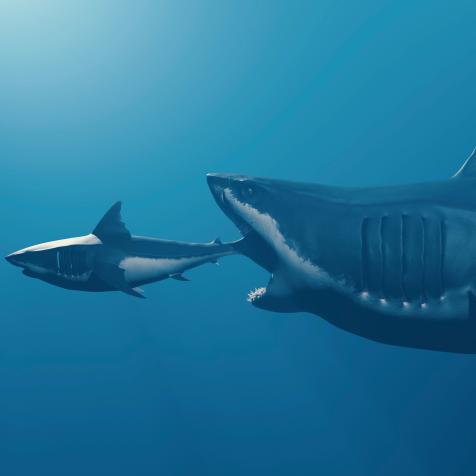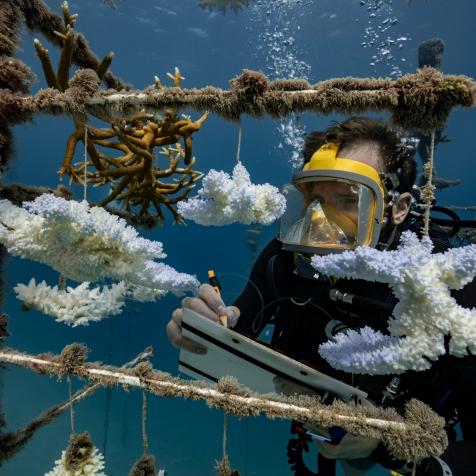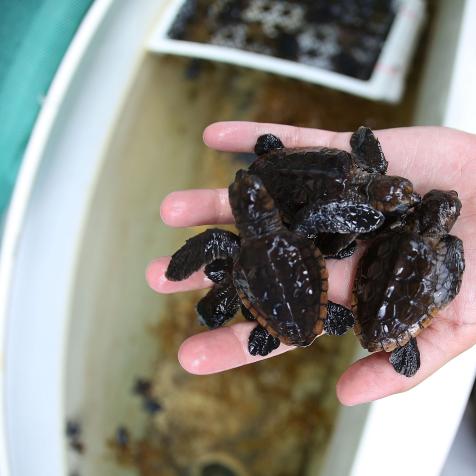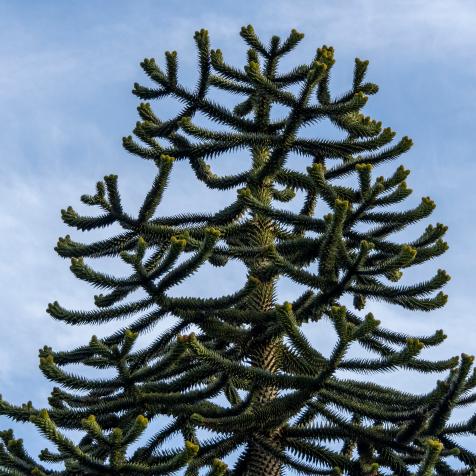
Photo by Chester Zoo
Twin Red Panda Cubs Born at Chester Zoo
In June, twin red pandas were born at England’s Chester Zoo as part of its endangered species breeding program, and they are as adorable as ever! After nine weeks in their nest boxes, these cubs passed their health checkup, which is great news in the animal world as there are less than 10,000 in the wild.
On June 22, twin red pandas were born to mom Nima and dad Koda at Chester Zoo. Last week, these nine-week-old cubs had their first health check and were identified as one boy and one girl.
“These red panda twins are wonderful, important new additions to the carefully managed breeding program for the species, which is working to increase the safety-net population in Europe as numbers in the wild continue to decline,” said James Andrewes, Assistant Team Manager at the zoo.
Twin Red Panda Cubs Born at Chester Zoo
See All PhotosIn June, twin red pandas were born at England’s Chester Zoo as part of its endangered species breeding program, and they are as adorable as ever!
“Happily, both cubs are developing very well indeed and the health MOTs we’ve been able to perform confirmed that mum Nima is clearly doing a great job of caring for them.”
Red pandas are listed as endangered on the International Union for the Conservation of Nature’s (IUCN) red list of threatened species. With only 10,000 of the species left in Nepal, India, and Southern China, their population has been declining at a 40 percent rate over the past 50 years. They are threatened by illegal trapping and poaching, as well as increasing human activity like deforestation in their habitat.
In recent years, Chester Zoo’s conservationists have been fighting against the illegal wildlife trade that is driving red pandas to extinction. Anyone can contribute by reporting suspicious activities on Chester Zoo’s illegal wildlife trade reporting form: www.chesterzoo.org/illegalwildlifetrade.
Source: Chester Zoo. The Chester Zoo supports conservationists and conservation projects across the United Kingdom to prevent the extinction of unique and endangered species, safeguarding diverse and healthy ecosystems.















































































